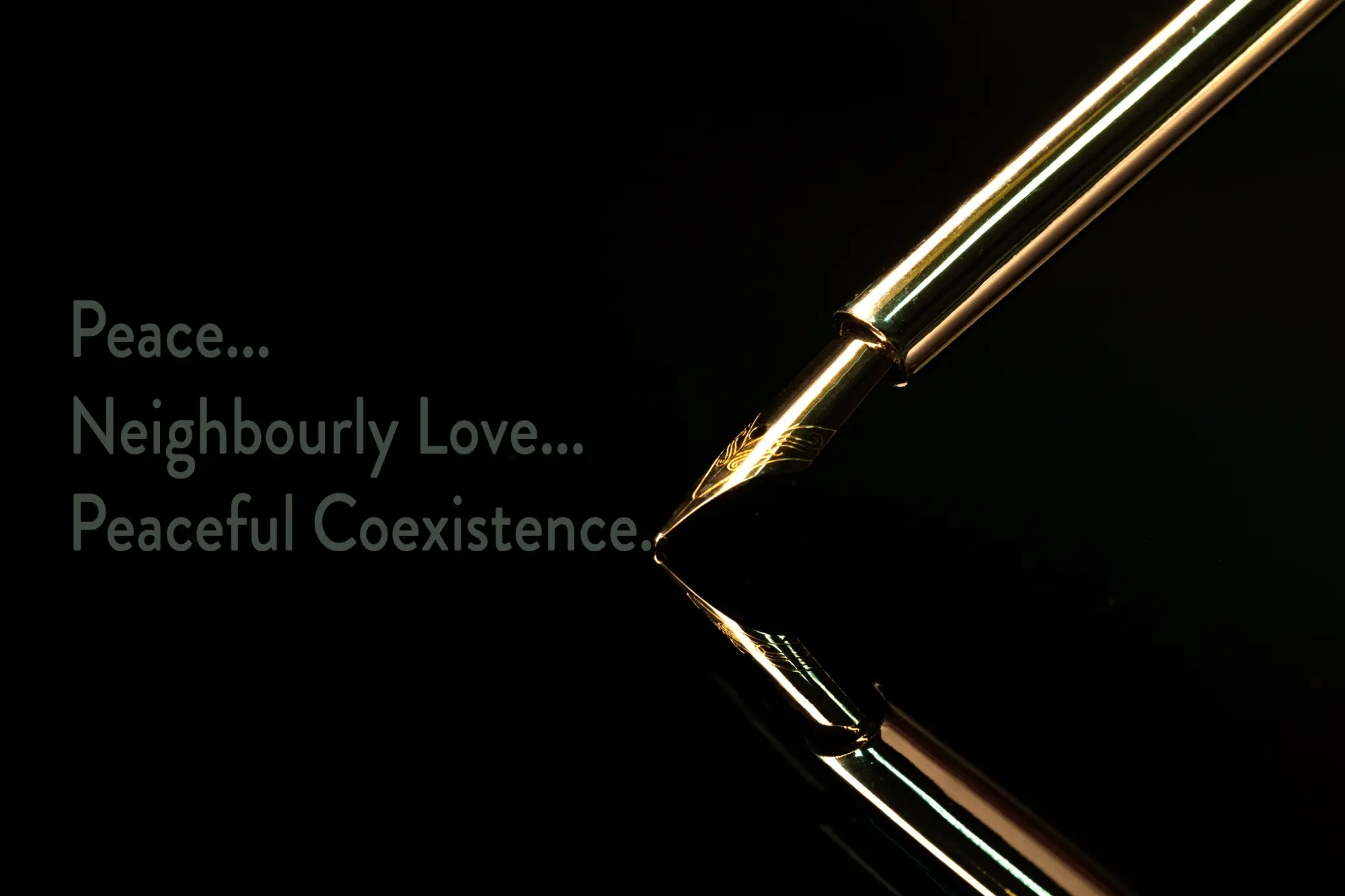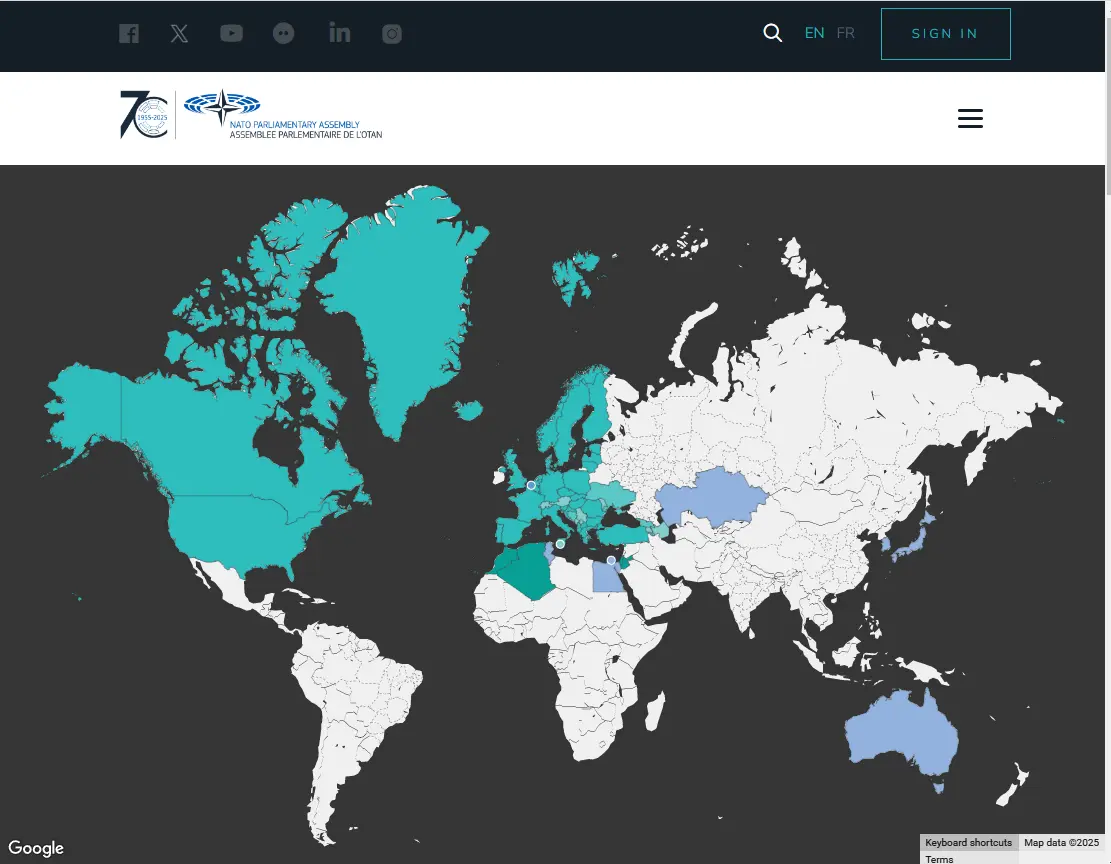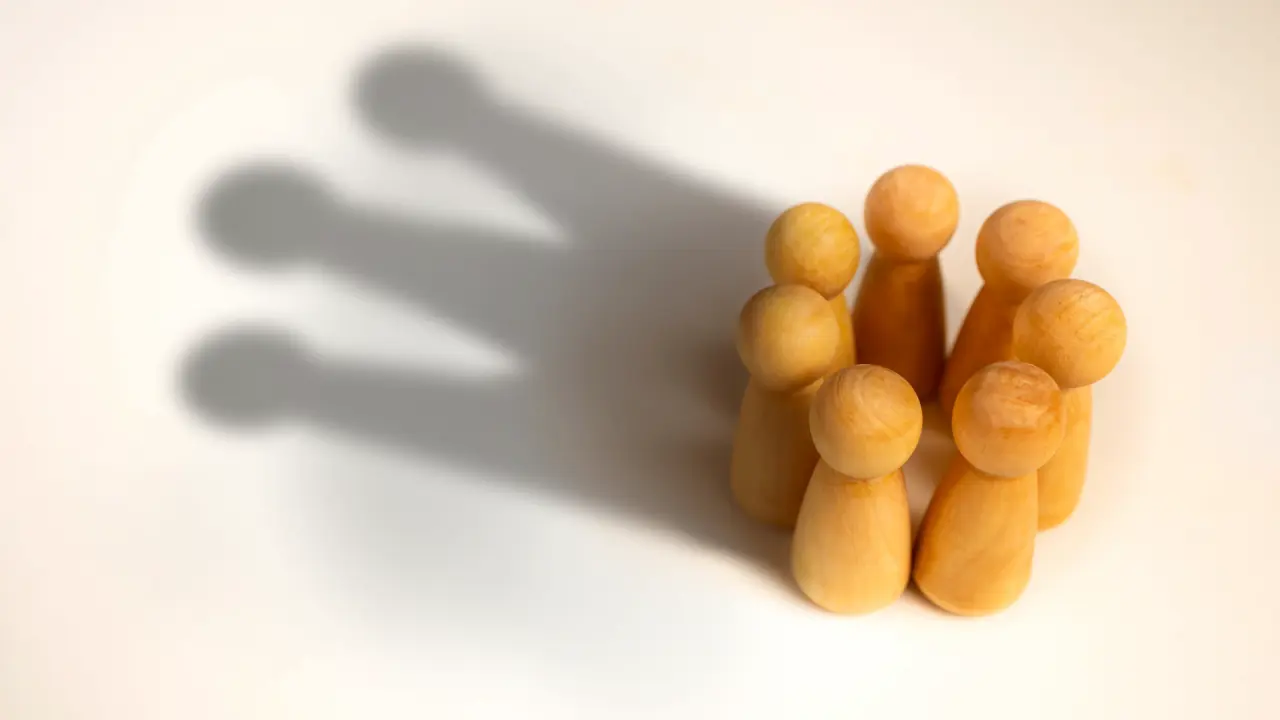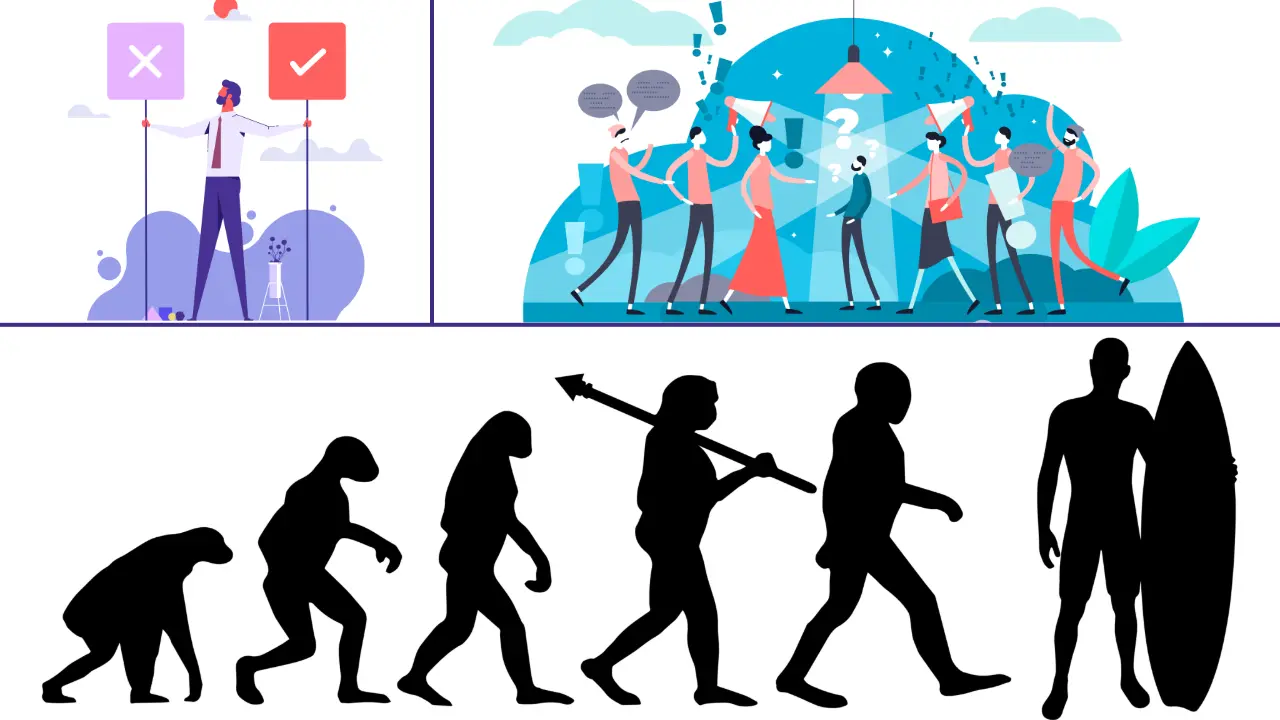
Be that Trump or Putin, they are about money, and more money – and their networks: They depend on the lobbyists behind them. They are not the only ones, but at the moment the most noticeable ones.
That’s why we see what we read and hear about: Trump has been best buddy to Putin at least ever since Trump’s first run for office. His family was actively maintaining contacts in Russia and with Putin. These facts have been proven. By newspapers such as the New York Times and the Washington Post.
Since then amazon’s founder Jeff Bezos has acquired the Washington Post and already he not only has reduced its staff: The quality and reliability of the content and the reporting has become rather superficial not to say doubtful.
Another dependent and buddy is Elon Musk, who at this very moment is firing thousands of US-government officials in the administration. A cover-up for the government funds he received for development. The Teslas failed and he would have to return billions of dollars and be bankrupt. This way: He just might be save…
The New York Times are a reliable source of information yet, but we can only hope that Trump as well as the several courts over there will let it stay that way. He certainly has done all he could – and had it done for him – to make sure that he practically cannot be drawn into court again. For none of his proven crimes.
In Europe we need to stay united, all those that are not yet compromised by money or power – but know what the true values of a democracy are:
Freedom, equality and fraternity.









